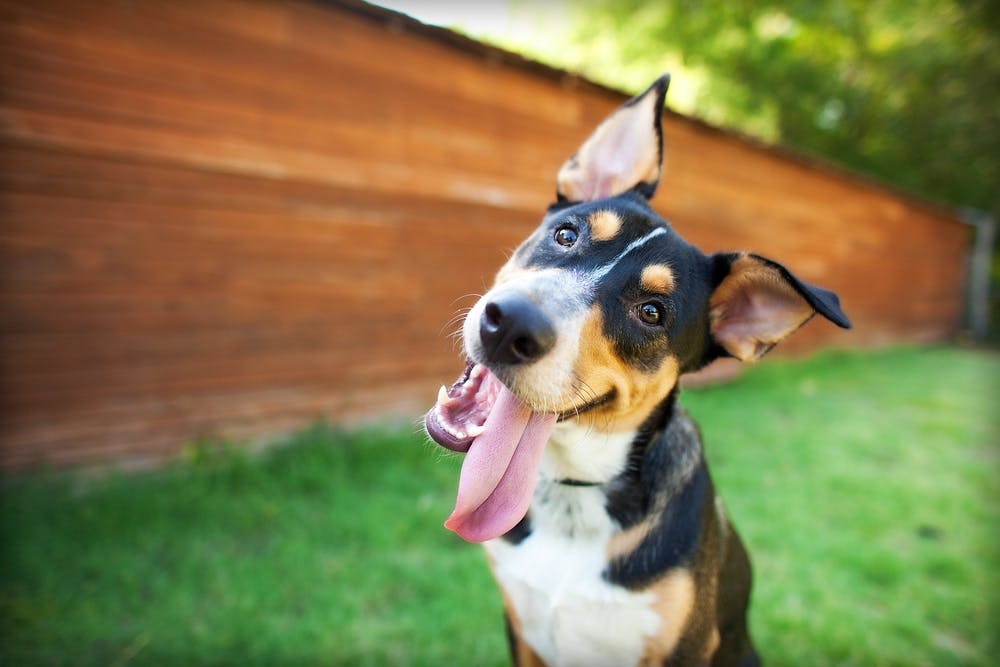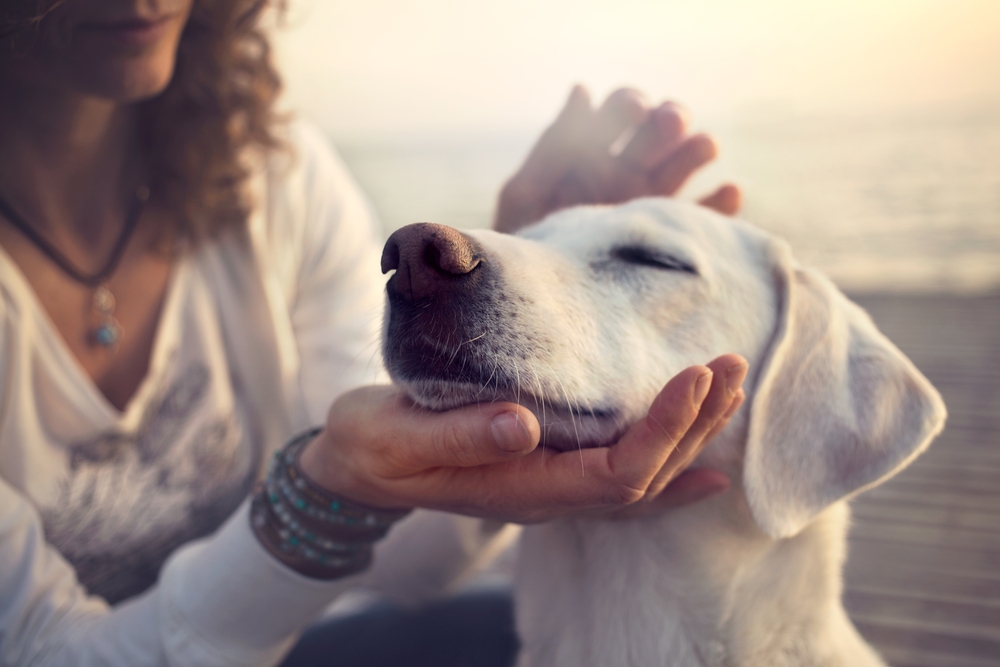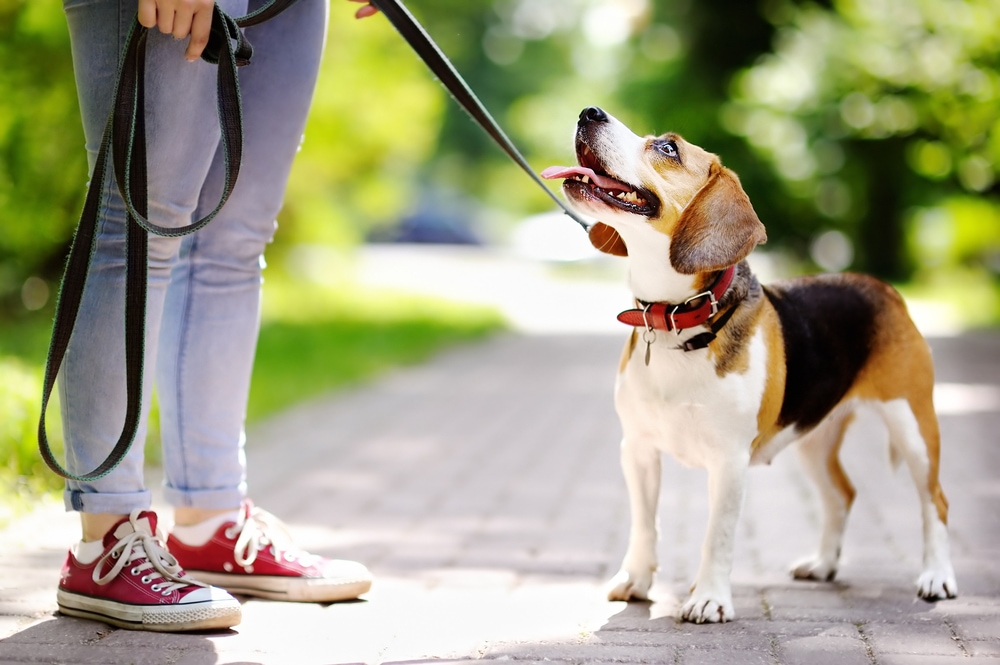Hypnosis for Dogs? You Might Think We're Barking...
updated on Jun 14, 2017

It's no secret that people go all out when it comes to their four-legged friends, from pampering treatments to acupuncture, and now there's even hypnosis to help stressed out pups
We chatted to award-winning clinical hypnotherapist and creator of Hypno4Dogs Mary Burgess to find out more.
What is hypnosis for dogs? Does it involve the same methods/techniques as human hypnosis?
Yes, I do exactly the same techniques as I do with humans. Initially, it takes time to relax the dog and this involves physical contact to reassure the dog that they are safe and feel secure. This means talking to the dog in a calm, yet authoritarian tone. Patience is key.

How can owners tell the difference between a dog that’s in a suggestive state and a dog that’s just drowsing?
Owners do not stay in the session with their dog as they can be a distraction. But, as the dogs become relaxed, you can tell the difference between a dog in a hypnotic state and a dog that is just drowsing.
A drowsing dog is still responsive to sounds, whereas, a dog in a hypnotic state ignores sounds and remains relaxed. I do a sound test to ensure the dog is in a deep enough state before proceeding.
Once the dog has undergone hypnosis, I then teach the techniques to the owners and provide MP3 recordings to play to the dog at home. It's about teaching the owners how to bring about a hypnotic state for the dog so that if for instance, it's before firework night, I can make the dog feel relaxed and calm.
What’s different about hypnosis for dogs that couldn’t be achieved from typical ‘doggy behaviour training’?
Typical dog training involves a dog being fully conscious and alert, often in the company of other dogs. When hypnosis is used on a dog it is in a transient, relaxed state. It allows the dog to feel safe, secure and relaxed, whilst giving soft vocal commands - and it is offered one-to-one.
Before hypnotherapy was used on humans it was widely used on animals
What led to you first practising hypnosis on dogs?
It was back in 2011. I noticed that after I had seen clients (as I work from home) that my own dog Gracie Lou was very relaxed and calm - and it took some time for her to go back to her ‘normal’ self. So, one day I decided to hypnotise her and see what happened - and I realised that it was actually working on her.
People are always commenting about how calm and relaxed she is, so when a client approached me about her dog, I decided to give it a go. We found that it worked with her pet as well. So, I created Hypno4Dogs.
What behavioural issues/problems can be resolved from treating dogs with hypnosis?
I'm honest with owners and I explain to them that Hypno4Dogs is a treatment for dogs that are nervous, perhaps suffering from separation anxiety, or have a fear of fireworks, or loud noises.
I do not offer the treatment for aggressive dogs.
Do you think animals use similar techniques to hypnosis to subdue their prey?
We do know that certain animals use eye contact to subdue their prey and lull them into a false sense of security before attacking their prey. Eye contact directly can be quite hypnotising, so yes, I do believe that some animals may have that hypnotic glance.

The president of the BVA has said there is no clear scientific evidence for dog hypnotherapy. What would you say to sceptics who say there's no evidence for dog hypnotherapy?
I have tried to contact members of the BVA to discuss my findings, but nobody has come back to me, surprisingly.
Before hypnotherapy was used on humans it was widely used on animals and was known as mesmerism, often used for circus acts. In the Middle East, hypnosis has been used on expensive horses to hypnotise them before castration and has proved successful.
I can only go on my own experience and that of others who also use these techniques, but we know that animals can feel relaxed and calm. Therefore, if a dog is not feeling relaxed and calm, but these techniques can allow the animal to do so, I do not see what is wrong.

